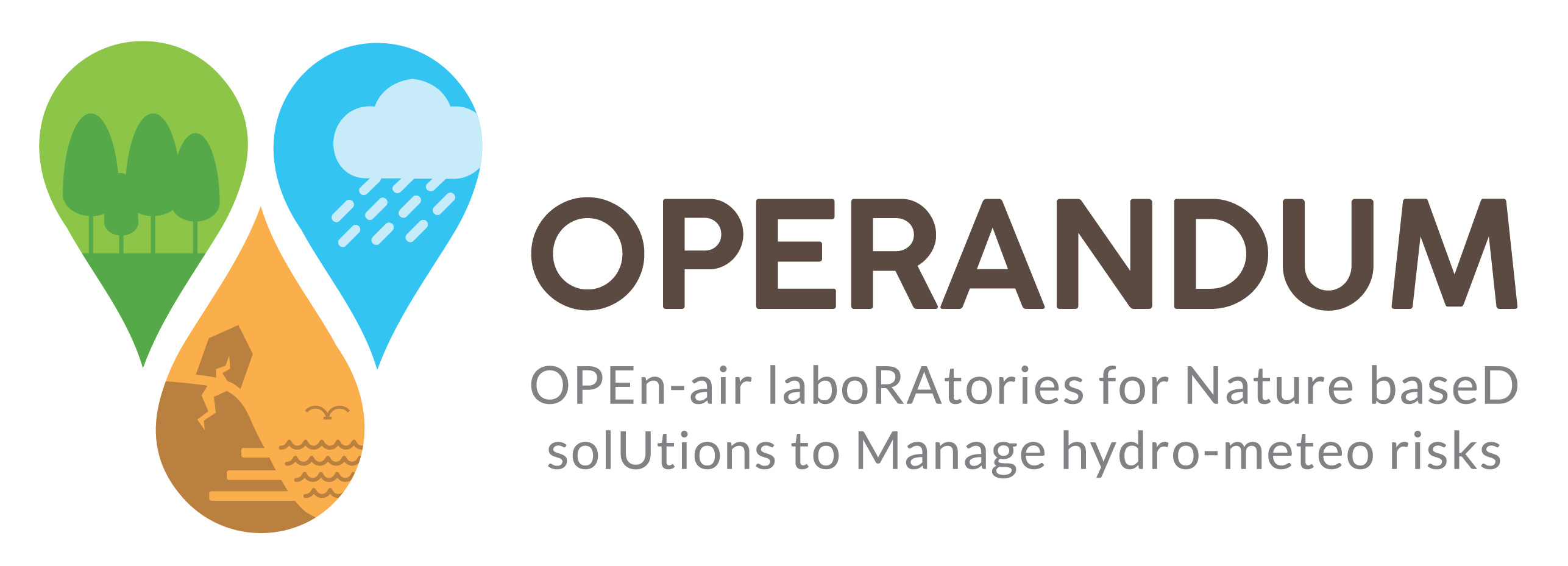Thomas ZIEHER
arbeitet als PostDoc Researcher am Institut für Interdisziplinäre Gebirgsforschung
|
 |
The Institute of Interdisciplinary Mountain Research is partner in the H2020 funded project OPERANDUM (OPEn-air laboRAtories for Nature baseD solUtions to Manage environmental risks). The overall objective of OPERANDUM is to reduce hydro-meteorological risks in European territories and beyond through co-designed and tested innovative green and blue/grey/hybrid Nature-Based Solutions (NBS), and push business exploitation, using the living lab concept through seven European and three non-European Open-Air Laboratories (OALs). OPERANDUM’s OALs cover a wide range of hazards, considering different climate projections, diverse land use and socio-economic characteristics, multiple monitoring activities, and varying levels of NBS acceptance and technology readiness. The project aims to provide science-evidence for the efficacy of NBS and best practices for their design based on participatory processes. It plans to engage multiple stakeholders from the local community up to the international level to leverage the widest possible NBS acceptance and to promote its diffusion as a good practice. Moreover, the project intends to establish a framework for strengthening NBS-based policies according to local legislation and to create European leadership in the technology and innovation of NBS. One of the OALs is led by the Institute of Interdisciplinary Mountain Research. The Austrian OAL is located in Tyrol and characterized by landslide activity in the form of a deep-seated gravitational slope deformation (DSGSD), which has recently shown active movement in the order of 4cm/a. This landslide activity creates risks for houses, infrastructure and agricultural land. Various monitoring activities, including displacement monitoring, water and snow depth monitoring, meteorological monitoring, and hydrogeological monitoring are ongoing in the OAL in collaboration with local partners. The institute will co-develop a NBS strategy together with stakeholders and plans to monitor its effectiveness afterwards. The OPERANDUM consortium consists of 26 partners from 12 European countries plus China and Australia. The partners come from diverse backgrounds, including universities and research institutes, Small and Medium-sized Enterprises (SMEs) and large enterprises, public authorities, environmental organisations, and international bodies, and bring a wide range of knowledge and expertise to the project.
|




 Home
Home Print
Print
 References
References
 Share
Share